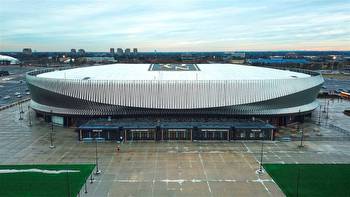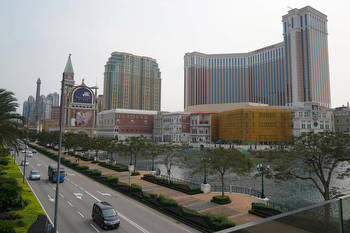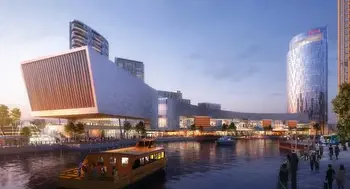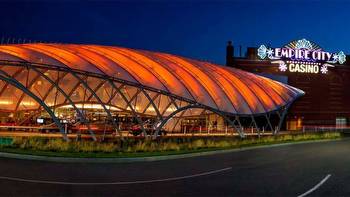Op-ed: Here’s why downstate casinos would be good for New York

Any community contemplating the arrival of a new business venture has questions.
Will this business create jobs, taxes, traffic, crime?
Will it compete with neighboring businesses?
Will its arrival create lasting positive change for the host community?
The arrival of a new casino is no different.
Like countless industries that have made their home in the tristate area, the casino industry comes with a lengthy résumé, including a history of operation, in a variety of forms, across the region with arguably variable degrees of success over time.
Will it compete with gaming and nongaming businesses locally and regionally? Yes, but maybe that’s a good thing. Will it create lasting positive change? Yes, if done right. The first few questions have been discussed at length by a variety of sources. Therefore, I will weigh in on the latter two.
Any new casino entering the mid-Atlantic region, let alone downstate New York, will face steep competition from gaming and nongaming operations as all vie for consumer attention and spending. They will be challenged to offer a high-quality, distinctive product that earns its place with consumers.
Existing operators regionally have already heard this call, responding in a quiet (and not so quiet) race to diversify their gaming products (sportsbooks, online casinos) and add nongaming amenities (restaurants, conference and live performance venues, and retail offerings).
In answering the above questions, we might say: jobs, yes; taxes, yes; traffic, yes; crime, it’s complicated, but there’s likely no more crime than what’s related to any other type of tourism activity.
Although established gaming locations in downstate New York may have an advantage in speed to market and brand recognition in opening full casino operations, they—like their new counterparts—will need to develop and enhance all aspects of their on-property services and amenities to compete locally and regionally.
When done thoughtfully and with an eye to future innovation, the development and enhancement of these businesses can have a meaningful and lasting impact on the host community in the creation of sustainable, well-paying jobs and the generation of taxes from a variety of revenue streams.
Sarah Grady is assistant director of Stockton University’s Lloyd D. Levenson Institute of Gaming, Hospitality and Tourism.































